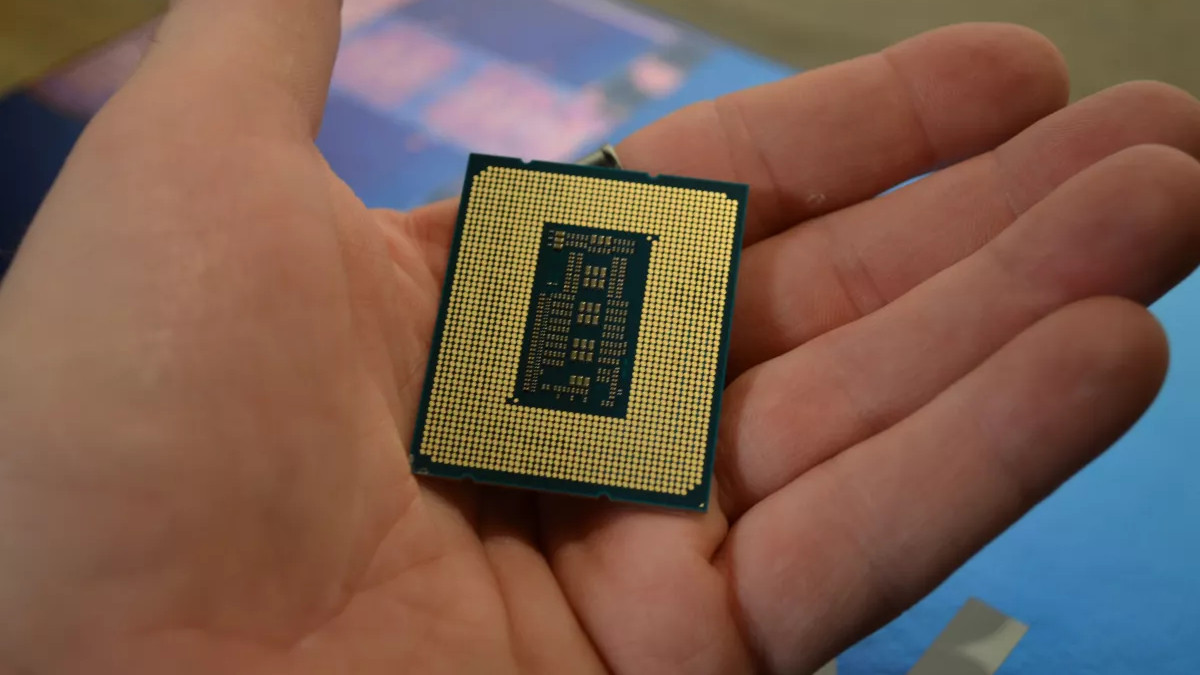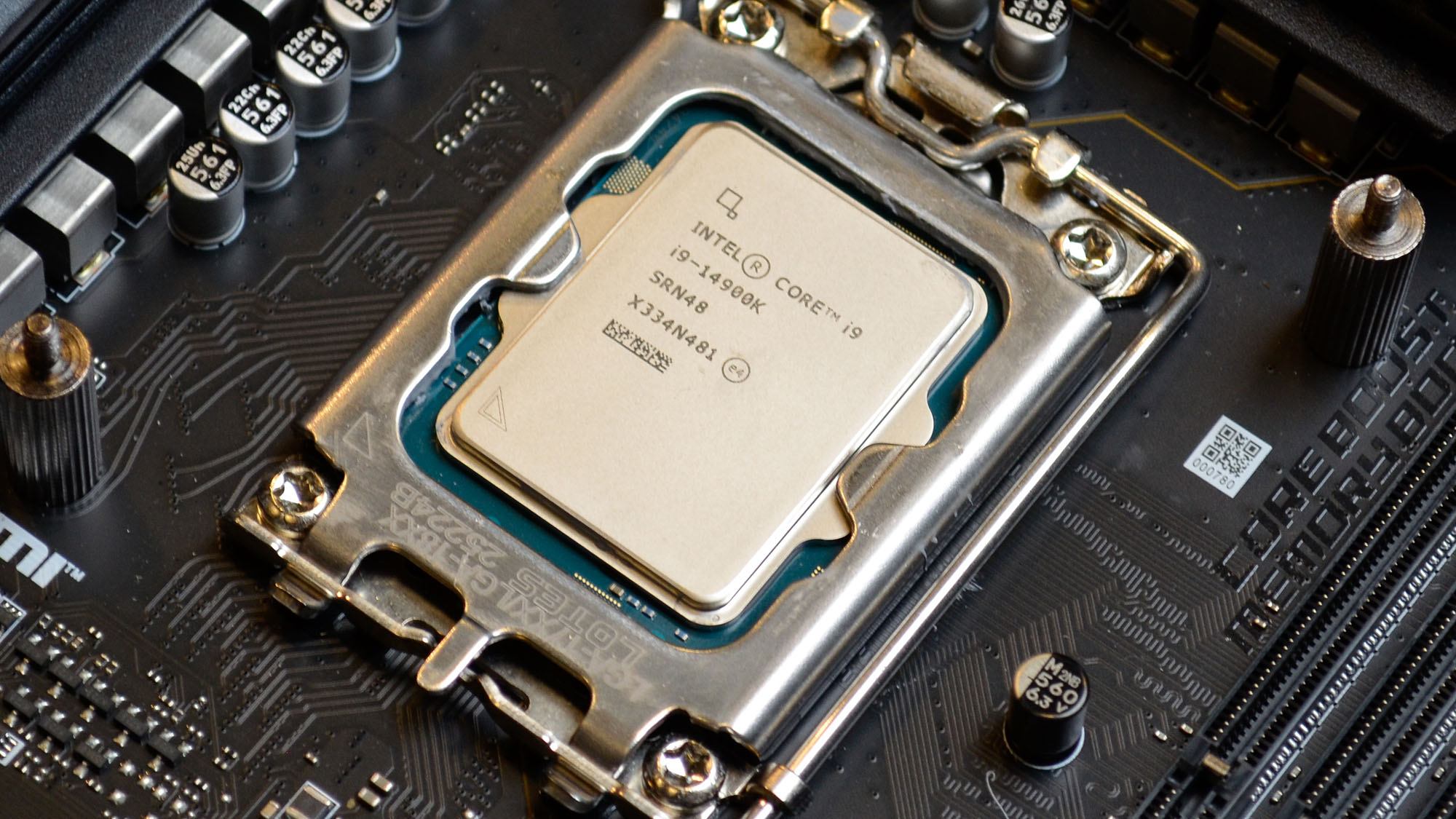Is Intel's nightmare finally over? One last patch could fix 13th-gen and 14th-gen CPU instability issues
Last patch won’t affect performance in any way, we’re told

Intel has finally brought the investigation into its problematic 13th and 14th-gen CPUs to an apparent close, with a final summary of four main factors that caused the instability issues, and the revelation that an additional patch is required to remedy the fourth stumbling block.
VideoCardz noticed that Intel’s Communications Manager, Thomas Hannaford, posted a further update to provide these details.
The final patch required as a preventative measure to mitigate the gremlins in the works going forward with 13th and 14th-gen processors will be microcode update 0x12B. This addresses the final problem Intel discovered, namely: “Microcode and BIOS code requesting elevated core voltages which can cause Vmin shift especially during periods of idle and/or light activity.”
This patch will come with the previous two microcode fixes rolled into it, namely 0x125 and 0x129, which address issues with how Thermal Velocity Boost (TVB) was misfiring, and elevated operating voltages due to a flaky algorithm, respectively.
Those are the three main factors involved in the instability on Intel’s side, with the fourth point – and the first matter to be raised by Intel – being motherboard power delivery settings having been notched up over and above Team Blue’s guidance levels. That led Intel to clarify new default power settings for CPUs from these two generations.
Analysis: No performance hit is promised with the new fix
With this latest fourth root cause revealed, it’s a little worrying that the elevated voltages have been happening during periods when the PC is doing nothing, or very little, as this means that potentially the degradation occuring to the chip has been happening pretty much constantly. As you may recall, Intel has extended the warranty for these processors to five years – though beyond that, you may still suffer a CPU that fails earlier than it should, perhaps due to these issues in its early life. Not a pleasant thought.
We don’t know when this final microcode update will arrive – Intel doesn’t give us any kind of timeframe – but presumably it’ll be fairly soon. And presumably, it will be the final one, as the statement provided is certainly worded as if Intel has concluded its investigation (notably, the investigation was referred to as ongoing when the last microcode update was announced).
Get daily insight, inspiration and deals in your inbox
Sign up for breaking news, reviews, opinion, top tech deals, and more.
As with the previous microcode patch, there will be a delay, though, as Intel works with motherboard makers to get the new 0x12B update ready and packaged in the various different BIOS releases from these multiple hardware vendors. All you can do is keep an eye on your motherboard manufacturer’s website for a new BIOS release, and likely the next one will pack this final fix.

The good news is that according to Intel’s testing, the new 0x12B update doesn’t impact performance compared to a PC running with the first microcode patch applied – and that’s for both running applications, and games, which remain within ‘run-to-run variation’ (in other words, any difference is negligible).
That is just Team Blue’s internal testing mind, and of course the company notes that “system performance is dependent on configuration and several other factors” as always.
Intel has again confirmed that the issues relating to elevated voltages and other gremlins therein with Raptor Lake and its current-gen refresh will not affect any future CPUs. Team Blue specifically clarifies that this means its next silicon in line, Lunar Lake (laptop chips that have only just debuted) and Arrow Lake (desktop processors which are imminent, and some high-end laptop too).
There’s one notable oddity in the statement, and that’s Intel saying the new microcode update will be provided via a BIOS release to “for all Intel Core 13th/14th-gen desktop processor users” (bolding added by us for emphasis).
Previously, it was announced that all Core i3 and Core i5 (save for the 14600K and 13600K) processors weren’t affected, and haven’t had to be patched – so is the entire 13th and 14th-gen line-up set to be patched in the coming days? This could just be an oversight by Intel, and the company might mean all affected Intel CPUs – we’ll have to wait for further clarification. Those Core i3 and i5 models shouldn’t need patching now, though, if they didn’t before.
You might also like
Darren is a freelancer writing news and features for TechRadar (and occasionally T3) across a broad range of computing topics including CPUs, GPUs, various other hardware, VPNs, antivirus and more. He has written about tech for the best part of three decades, and writes books in his spare time (his debut novel - 'I Know What You Did Last Supper' - was published by Hachette UK in 2013).